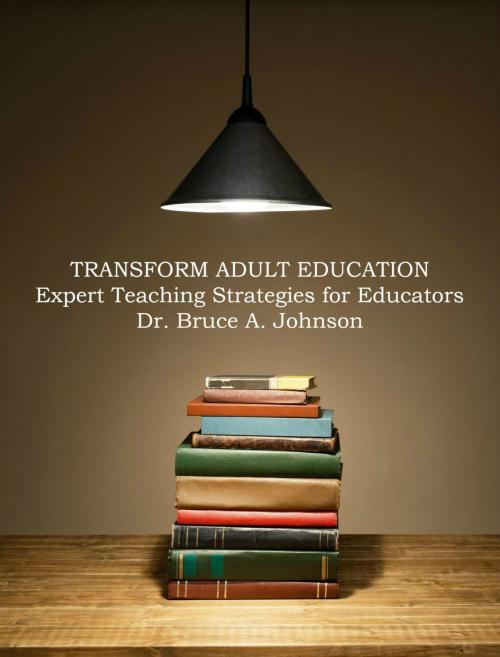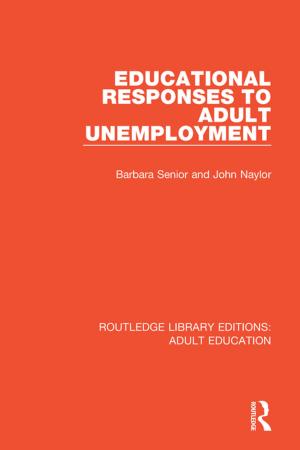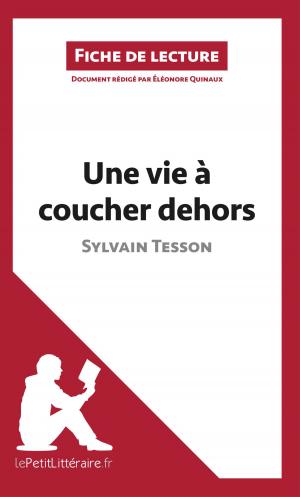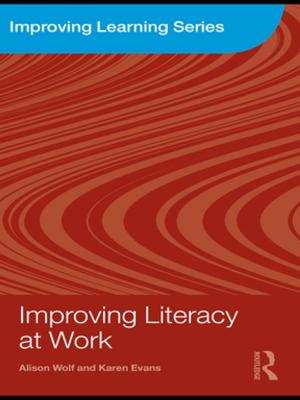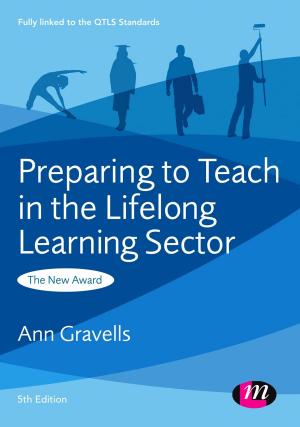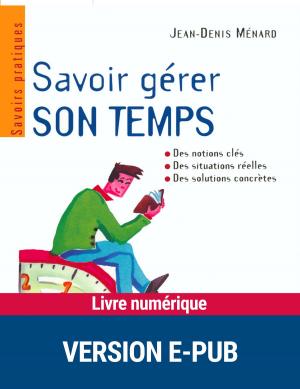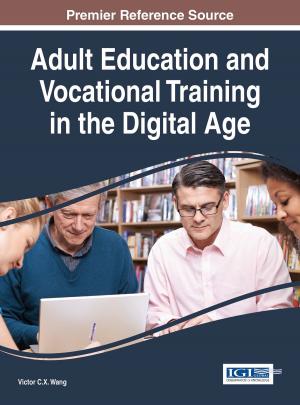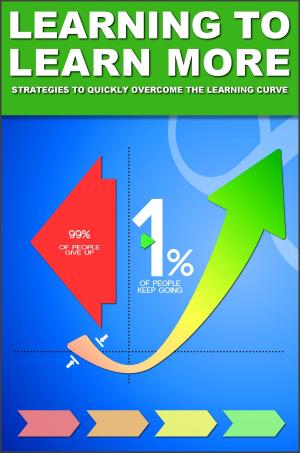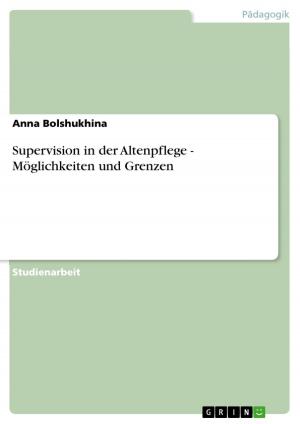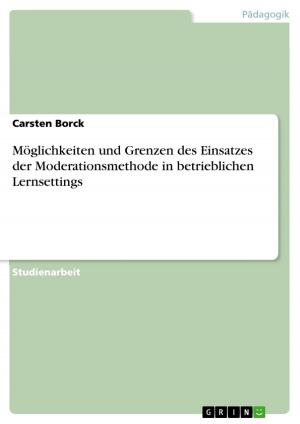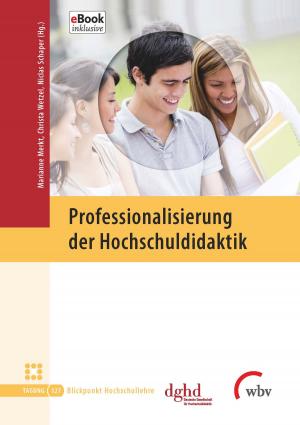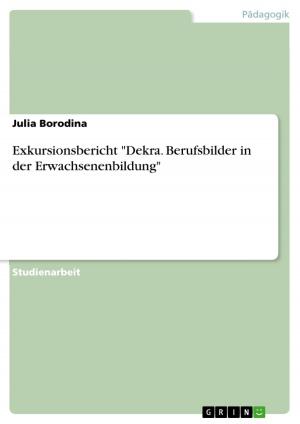Transform Adult Education: Expert Teaching Strategies for Educators
Nonfiction, Reference & Language, Education & Teaching, Educational Theory, Adult & Continuing Education| Author: | Dr Bruce A. Johnson | ISBN: | 9781370046744 |
| Publisher: | Dr Bruce A. Johnson | Publication: | August 18, 2017 |
| Imprint: | Smashwords Edition | Language: | English |
| Author: | Dr Bruce A. Johnson |
| ISBN: | 9781370046744 |
| Publisher: | Dr Bruce A. Johnson |
| Publication: | August 18, 2017 |
| Imprint: | Smashwords Edition |
| Language: | English |
Teaching adult students is usually focused on the time spent involved in classroom management and the facilitation responsibilities which must be met each week. When instructor positions are filled, especially online instructor positions, the primary qualifications may be the type of degree, the number of credit hours held in the subject matter being taught, and the experience held within a career field related to the same subject matter. Rarely does an online school require an applicant hold adult learning theory as part of his or her background, to apply for an instructor position.
Most instructors learn through time and practice how to increase their effectiveness with classroom management. But what transforms an effective instructor to an engaging educator? It is a matter of learning adult education principles, knowing what it means to learn, and what happens to students when they are involved in the learning process. I have been involved in the field of higher education for over 12 years, and earned a doctorate degree in Adult Education. It transformed how I've taught, facilitated learning, and worked to meet the developmental needs of students.
This new book provides instructional strategies that are a result of my ongoing teaching, research, writing, and working with faculty through faculty mentoring, training, and development. Now you can benefit from my experience and expertise, and this book can serve as professional development for you. You will learn adult education principles, translated into transformative practice. Transform Adult Education is divided up into four key aspects of adult education, as outlined below.
Chapter One – Adult Education: The Educator
This chapter is focused on who is teaching, and strategies to uplift educators. The best way to teach adult education is not just to present theory, but to present it as innovative theory in practice. This chapter is based upon my work in higher education and work with faculty development. Some of the topics include: Here's How to Be an Engaging and Highly Effective Educator, Do You Know How to Empower Students to Perform Their Best? How Do You Make a Difference for Your Students?
Chapter Two – Adult Education: Transformative Teaching
This chapter is focused on how educators are teaching. Another method for teaching adult education is through the application of theory to an educator's practice. More importantly, educators are empowered when they learn transformative teaching strategies. Some of the topics include: Do You Understand the Power of Words in Education? Do Students Benefit from Hand-Holding or Strict Discipline? Is the Carrot and Stick Method Useful in Higher Education?
Chapter Three – Adult Education: Transforming Students
Students are the primary focus of our work as educators. This chapter is devoted to transforming adult education practices for the purpose of improving the student experience. Some of the topics include: How to Help a Student Change When the Default Setting is No, How to Help Students Develop an "I Can Attitude", How Do You Help Students Who Will Not Help Themselves?
Chapter Four – Transform Adult Education: Critical Thinking
The most important aspect of adult education, from my experience, involves how the mind functions while engaged in the learning process. This chapter explores cognition and mental processing. In addition, a new strategy is provided for educators to implement in their classes, regardless of the subject matter, which can help to prompt critical thinking in students. It is a strategy which can be used during class discussions, along with feedback provided. Some of the topics include: Why Critical Thinking is Critical for Learning, Transforming Adult Education: Critical Intellectual Discourse (CID).
Teaching adult students is usually focused on the time spent involved in classroom management and the facilitation responsibilities which must be met each week. When instructor positions are filled, especially online instructor positions, the primary qualifications may be the type of degree, the number of credit hours held in the subject matter being taught, and the experience held within a career field related to the same subject matter. Rarely does an online school require an applicant hold adult learning theory as part of his or her background, to apply for an instructor position.
Most instructors learn through time and practice how to increase their effectiveness with classroom management. But what transforms an effective instructor to an engaging educator? It is a matter of learning adult education principles, knowing what it means to learn, and what happens to students when they are involved in the learning process. I have been involved in the field of higher education for over 12 years, and earned a doctorate degree in Adult Education. It transformed how I've taught, facilitated learning, and worked to meet the developmental needs of students.
This new book provides instructional strategies that are a result of my ongoing teaching, research, writing, and working with faculty through faculty mentoring, training, and development. Now you can benefit from my experience and expertise, and this book can serve as professional development for you. You will learn adult education principles, translated into transformative practice. Transform Adult Education is divided up into four key aspects of adult education, as outlined below.
Chapter One – Adult Education: The Educator
This chapter is focused on who is teaching, and strategies to uplift educators. The best way to teach adult education is not just to present theory, but to present it as innovative theory in practice. This chapter is based upon my work in higher education and work with faculty development. Some of the topics include: Here's How to Be an Engaging and Highly Effective Educator, Do You Know How to Empower Students to Perform Their Best? How Do You Make a Difference for Your Students?
Chapter Two – Adult Education: Transformative Teaching
This chapter is focused on how educators are teaching. Another method for teaching adult education is through the application of theory to an educator's practice. More importantly, educators are empowered when they learn transformative teaching strategies. Some of the topics include: Do You Understand the Power of Words in Education? Do Students Benefit from Hand-Holding or Strict Discipline? Is the Carrot and Stick Method Useful in Higher Education?
Chapter Three – Adult Education: Transforming Students
Students are the primary focus of our work as educators. This chapter is devoted to transforming adult education practices for the purpose of improving the student experience. Some of the topics include: How to Help a Student Change When the Default Setting is No, How to Help Students Develop an "I Can Attitude", How Do You Help Students Who Will Not Help Themselves?
Chapter Four – Transform Adult Education: Critical Thinking
The most important aspect of adult education, from my experience, involves how the mind functions while engaged in the learning process. This chapter explores cognition and mental processing. In addition, a new strategy is provided for educators to implement in their classes, regardless of the subject matter, which can help to prompt critical thinking in students. It is a strategy which can be used during class discussions, along with feedback provided. Some of the topics include: Why Critical Thinking is Critical for Learning, Transforming Adult Education: Critical Intellectual Discourse (CID).
